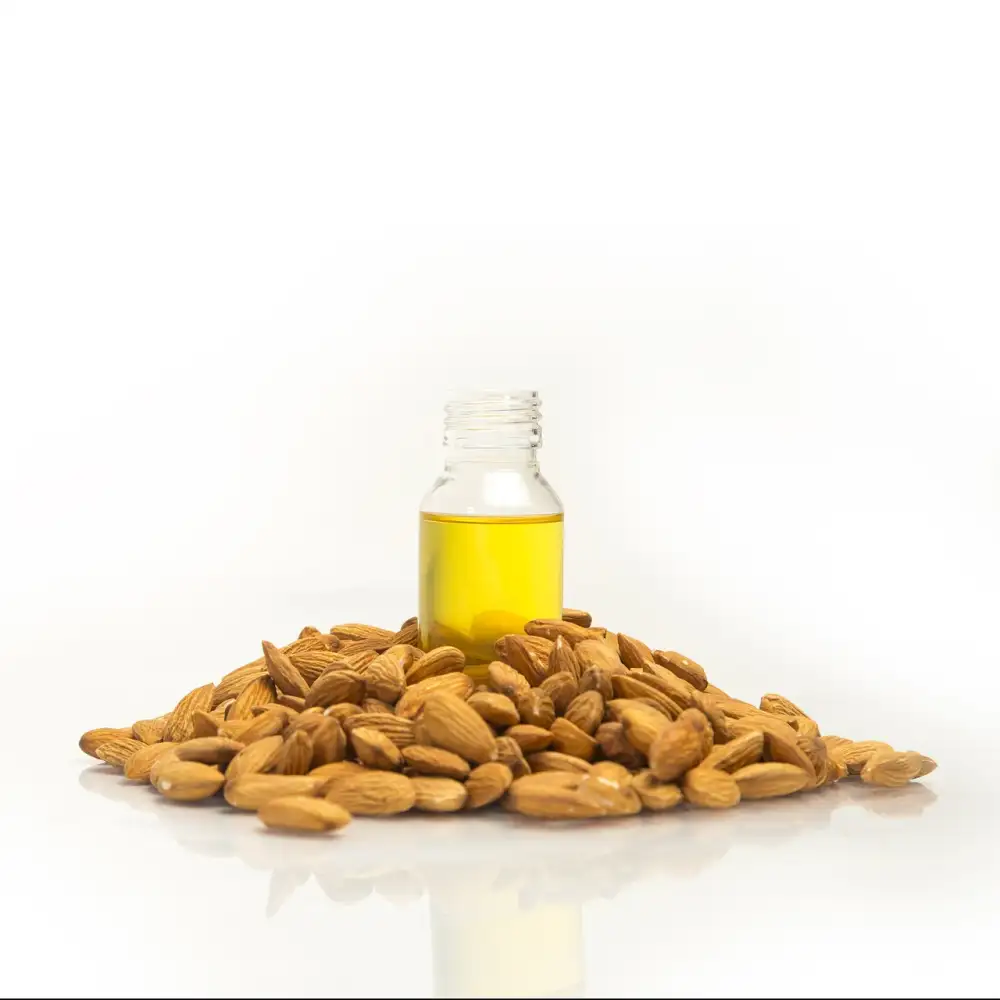Unlocking the Health Benefits of Seed Oils: A Comprehensive Guide

- Nutritional Value of Seed Oils
- Omega Fatty Acids in Seed Oils and their Importance for Health
- Antioxidant Properties of Seed Oils and their Role in Disease Prevention
- Seed Oils and Heart Health
- Seed Oils and Brain Health
- Seed Oils and Skin Health
- Seed Oils and Weight Management
- Choosing and Using Seed Oils for Optimal Health
Seed oils, derived from various seeds such as flaxseed, sunflower, sesame, and pumpkin, have gained popularity due to their numerous health benefits. These oils are rich in essential nutrients like vitamins, minerals, and antioxidants. They are known for their ability to promote heart health, improve brain function, enhance skin health, aid in weight management, and prevent chronic diseases. Incorporating seed oils into your diet can be a great way to unlock these amazing health benefits.
Nutritional Value of Seed Oils
Seed oils are a rich source of essential nutrients that are vital for our overall health and well-being. These oils are packed with vitamins, minerals, and antioxidants that provide numerous health benefits. They are particularly high in vitamin E, which is known for its powerful antioxidant properties. Additionally, seed oils contain healthy fats, such as monounsaturated and polyunsaturated fats, which can help reduce the risk of heart disease and improve cholesterol levels. Moreover, they also provide a good amount of omega-3 and omega-6 fatty acids, which play a crucial role in brain function and inflammation regulation. With their impressive nutritional profile, incorporating seed oils into our diet can be a great way to boost our overall health.
Omega Fatty Acids in Seed Oils and their Importance for Health
Omega fatty acids are essential for our health and well-being. Seed oils are an excellent source of these beneficial fats, particularly omega-3 and omega-6 fatty acids. These fatty acids play a crucial role in various bodily functions, including brain development, reducing inflammation, and maintaining heart health. Omega-3 fatty acids, found in flaxseed oil and chia seed oil, have been shown to improve cognitive function and reduce the risk of cardiovascular diseases. On the other hand, omega-6 fatty acids, present in sunflower seed oil and safflower seed oil, help regulate blood pressure and support healthy skin. Incorporating seed oils into our diet can provide us with the necessary omega fatty acids to promote optimal health.
Antioxidant Properties of Seed Oils and their Role in Disease Prevention
Seed oils are not only rich in essential nutrients, but they also possess powerful antioxidant properties. Antioxidants help protect our cells from damage caused by harmful free radicals, which can lead to various diseases including cancer and heart disease. The high levels of antioxidants found in seed oils make them an excellent addition to a healthy diet, as they can help reduce inflammation, boost the immune system, and promote overall well-being. By incorporating seed oils into your daily routine, you can harness their disease-fighting potential and support your body's natural defense mechanisms.
Seed Oils and Heart Health
Seed oils have been shown to have numerous benefits for heart health. They are rich in monounsaturated and polyunsaturated fats, which can help lower LDL cholesterol levels and reduce the risk of heart disease. These oils also contain omega-3 fatty acids, which have anti-inflammatory properties and can help prevent blood clotting. Incorporating seed oils into your diet, such as olive oil or flaxseed oil, can promote a healthy heart and improve overall cardiovascular health.
Seed Oils and Brain Health
Seed oils play a crucial role in maintaining brain health. They are rich in omega-3 and omega-6 fatty acids, which are essential for the development and function of the brain. These fatty acids help to build cell membranes in the brain and promote communication between brain cells. Research has shown that a deficiency in these fatty acids can lead to cognitive decline and an increased risk of neurodegenerative diseases such as Alzheimer's. Incorporating seed oils into your diet can support brain health and improve cognitive function.
Seed Oils and Skin Health
Seed oils are not only beneficial for internal health but also for maintaining healthy skin. Many seed oils, such as argan oil, rosehip oil, and grapeseed oil, are rich in antioxidants and essential fatty acids that nourish and protect the skin. These oils help to moisturize the skin, improve elasticity, and reduce the appearance of wrinkles and fine lines. They also have anti-inflammatory properties that can soothe irritated skin conditions like eczema and psoriasis. Incorporating seed oils into your skincare routine can promote a healthy complexion and give you a natural glow.
Seed Oils and Weight Management
Seed oils can play a significant role in weight management. These oils are rich in healthy fats, which can help promote feelings of fullness and satiety, reducing the urge to overeat. Additionally, seed oils contain essential fatty acids that support metabolic function and aid in the breakdown of fats. Incorporating seed oils into your diet can provide a healthy source of fats while helping to maintain a balanced weight. However, it is important to remember that moderation is key when consuming any type of oil, as they are high in calories.
Choosing and Using Seed Oils for Optimal Health
When it comes to incorporating seed oils into your diet, it's important to choose high-quality options. Look for cold-pressed or expeller-pressed oils, as these methods retain more of the oil's natural nutrients. Additionally, opt for organic and non-GMO varieties to avoid any potential harmful additives.
To get the most health benefits from seed oils, it's crucial to use them correctly. Keep in mind that seed oils have different smoke points, which is the temperature at which they start to break down and release harmful compounds. For high-heat cooking methods like frying or sautéing, choose oils with higher smoke points such as avocado oil or peanut oil.
For dressings, marinades, and low-heat cooking methods like baking or roasting, you can use oils with lower smoke points such as flaxseed oil or walnut oil. These oils add a delicious nutty flavor to your dishes while providing essential nutrients.
Remember that moderation is key when using seed oils. While they offer numerous health benefits, they are still calorie-dense. Aim for a balanced intake and incorporate a variety of seed oils into your diet to reap their unique nutritional profiles.
By choosing and using seed oils wisely, you can unlock their full potential and enjoy their many health benefits. So go ahead and explore the world of seed oils – your body will thank you!
In conclusion, incorporating seed oils into a healthy lifestyle can provide numerous benefits for overall well-being. With their high nutritional value, omega fatty acids, and antioxidant properties, seed oils offer a natural way to support heart health, brain function, skin health, and weight management. By choosing and using seed oils wisely in cooking and as a part of daily diet, individuals can unlock the potential health benefits these oils have to offer. So why not start incorporating seed oils into your meals today and take a step towards a healthier future?
Published: 21. 12. 2023
Category: Health



